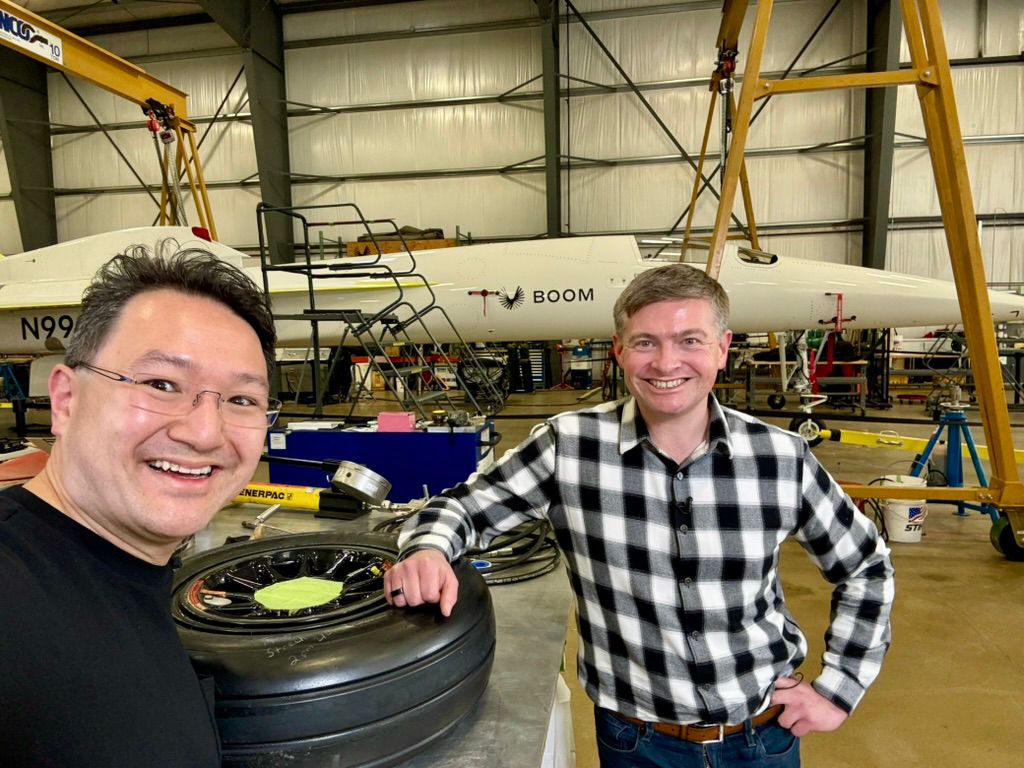Visiting Boom Supersonic


Phil, E15 Founder & CIO, visits Boom at the Mojave Air & Space Port in March 2024 as Blake Scholl, CEO and his team prepare XB-1 to go supersonic.

0:01
0:01

The
Gallery
Gallery





Phil, E15 Founder & CIO, visits Boom at the Mojave Air & Space Port in March 2024 as Blake Scholl, CEO and his team prepare XB-1 to go supersonic.




